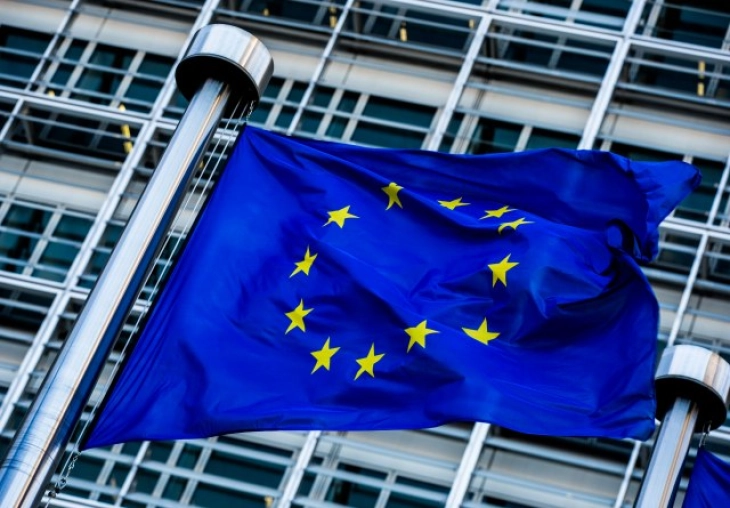The EU is gearing up for the utilization of funds derived from the frozen assets of the Russian Central Bank, with plans to establish a mechanism to allocate the proceeds for the reconstruction of Ukraine. The current Belgian EU Council Presidency announced that representatives from the 27 member states reached an agreement on the proposal on Monday.
“EU Ambassadors just agreed in principle on a proposal on the use of windfall profits related to immobilised assets to support #Ukraine’s reconstruction,” stated the Belgian EU presidency on the social media platform X (formerly Twitter).
The agreement, which still needs formalization, is expected to be officially adopted through a written procedure. According to diplomatic sources, the approved procedure entails, as a first step, segregating the extraordinary income generated from the custody of assets belonging to the Russian central bank. Subsequently, in a second step, plans are underway to transfer a portion of the funds to Ukraine. However, further legal texts are required for this process.
Estimates suggest that the annual amount could reach billions, as more than €200 billion ($216 billion) from the Russian central bank remains frozen in the EU, and the interest income from the capital continues to rise, according to the European Commission.
Euroclear, based in Brussels, recently reported earning €3 billion in interest income in the first nine months of the previous year alone in connection with Russian sanctions. Euroclear is the primary institution in the EU holding assets of the Russian central bank.
EU officials emphasize that the project is initially focused on unscheduled income generated by Euroclear due to EU sanctions against the Russian central bank. Thus, there is no immediate plan for expropriation. Legal concerns and potential retaliatory measures, coupled with Moscow’s warning last year against confiscating Russian state or citizen property, are factors contributing to this cautious approach. Directly using Russian assets could also lead to a loss of confidence in the European financial center, with other countries and investors withdrawing assets from the EU.




Comments are closed for this post.